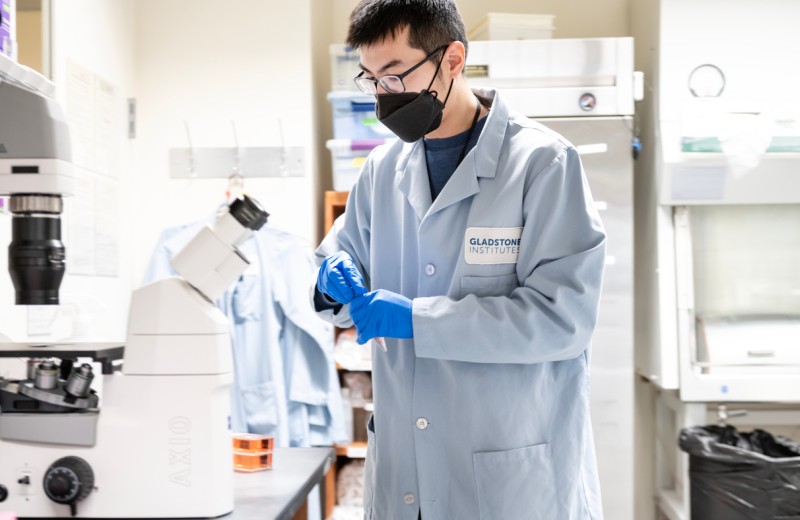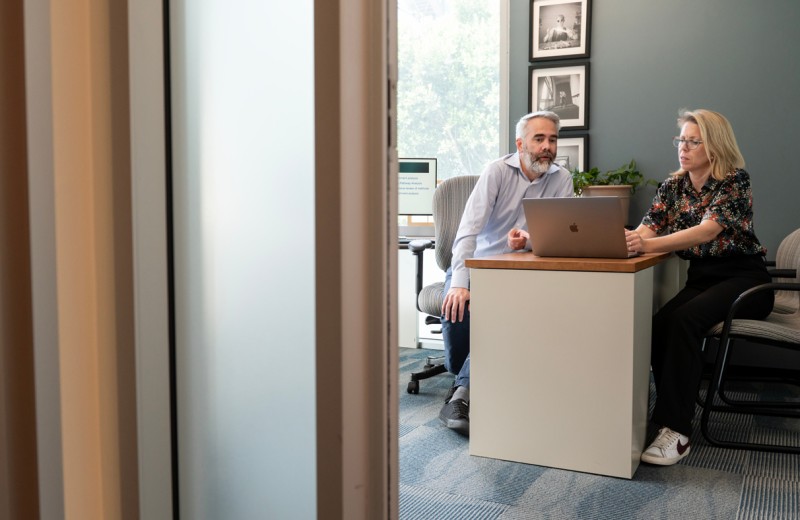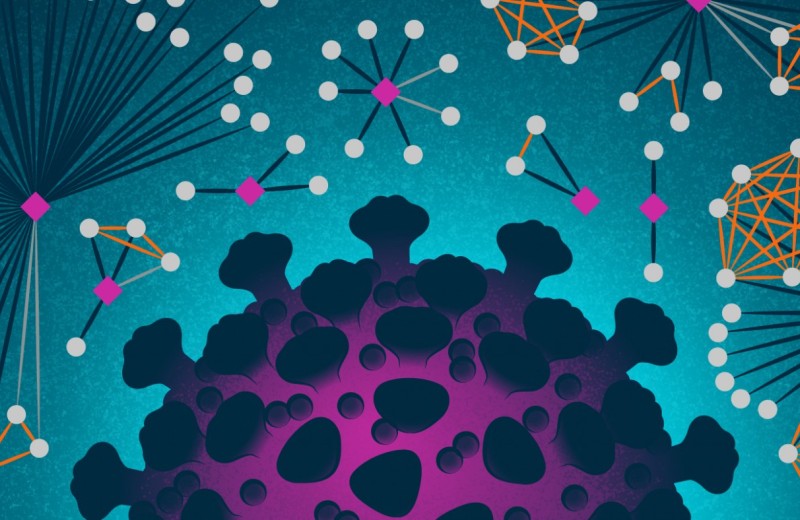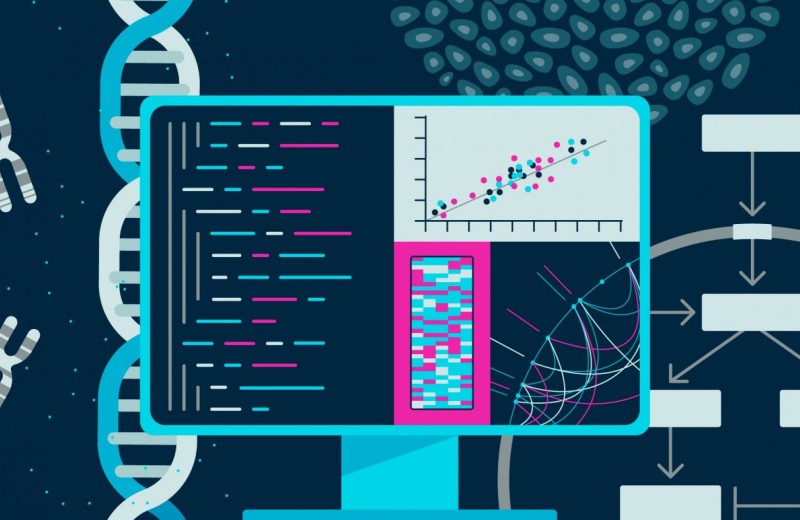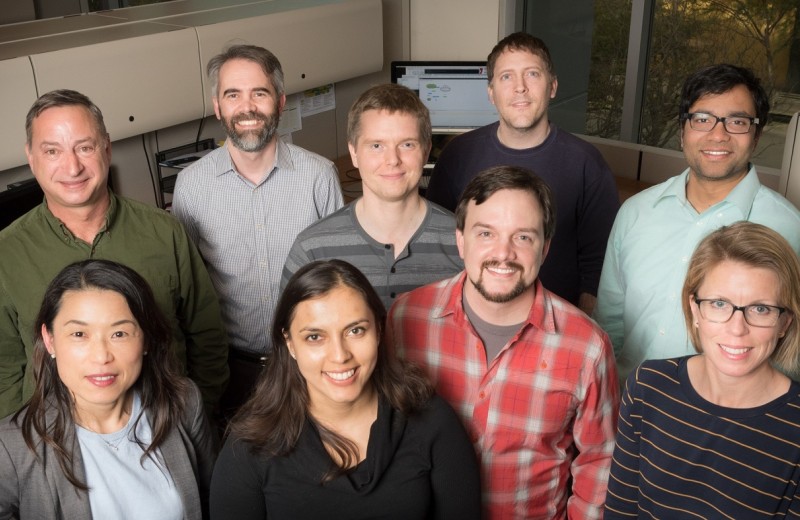The Bioinformatics Core provides expertise on experimental design and analysis of complex data sets, with a specialization on large-scale data sets acquired from various cutting-edge technologies. Make the core part of your team for experimental design, sequence analysis, pathway and network analysis, training, and grant proposals.
Contact
Bioinformatics Core Staff
Email
Services Provided
- Consultation on various topics, including experimental design, power analysis, bioinformatics, and statistical analysis
- Collaboration, grant writing, and publications
- Analysis of bulk RNA-seq, single-cell RNA-seq, ChIP-seq, ATAC-seq, and other epigenetics analysis. For sample preparation, library preparation and sequencing,
- Integrated analysis including various data modalities
- Network and pathway analysis, modeling, and data visualization
- Training and workshops on topics in bioinformatics, statistics, and data science
Core Members
Ayushi Agrawal, MS
Bioinformatician III
Natalie Gill, MS
Bioinformatician II
Natalie Gill, MS
Bioinformatician II
Kristina Hanspers, MS
Senior Research Associate
Alex Pico, PhD
Core Director/Research Investigator
Min-gyoung Shin, PhD
Collaborator
Reuben Thomas, PhD
Associate Core Director
Michela Traglia, PhD
Senior Statistician
Zainab Yusuf-Sada
Senior Executive Administrator
Events
The Gladstone Data Science Training Program was started in 2018 to provide trainees with learning opportunities and hands-on workshops to improve their skills in bioinformatics and computational analysis.
Our team consists of several individuals with formal training in statistics, bioinformatics, and computer science, and should be able handle almost any question that involves experimental design, bioinformatics, statistical analysis, programming, or figure generation.
We offer consulting on experimental design, analysis planning and statistical methodology, as well as on training and software development.
We also team up in analyzing your primary data. We have broad and deep experience with most forms of sequencing data and omics data. We also regularly work with genotype and phenotype data in multivariate analysis.
We can assist with Integrating data across batches and types or with publicly available data. Our methods include customized statistical modeling and network analysis.
We have expertise in visualizing data for both exploratory and publication-ready applications. In addition to figures, we routinely generate detailed pathway models and interactive web displays.
Our team has over a decade of experience developing open source software and methods, including algorithms, pipelines and custom scripts, along with software packages and applications with global usage.
We are committed to training researchers in the ways of bioinformatic analysis, statistics and programming. We conduct multiple campus-wide workshops each month as well as tailored training events for individual labs.
All service projects are coordinated through the iLabs system. Register for an account and then log in to iLabs to initiate your request. You can contact us with a brief description of your project at bioinformatics@gladstone.ucsf.edu. In addition to fee-for-service work, we also routinely work as collaborators by percent effort on grant subawards.
Fees
| Gladstone | $135 per hour |
| UCSF | $230 per hour |
| External | TBD |
Publications
Our core staff are career scientists too! We often make substantial contributions to projects leading to co-authorship and collaborations on grant applications. For basic routine analysis, we request acknowledgement in publications, e.g. “We thank Dr. XYZ of the Gladstone Bioinformatics Core for their assistance with statistical and bioinformatics analysis.”
Check out our latest co-authored and acknowledged publications on Google Scholar.
FAQs
How Do I Schedule an Initial Meeting?
What If I Just Have a Quick Question?
Join our Gladstone Slack channel #questionsforbioinformaticscore to ask and follow questions at any time, or email us at bioinformatics@gladstone.ucsf.edu.
Does the Bioinformatics Core Have Suggested Pipelines to Process, Run Quality Control Checks Etc. on Sequencing Data of Different Kinds (RNA-seq, Chip-seq, Atac-seq)?
We recommend Nextflow pipelines, which we have configured to run on the UCSF-Wynton compute cluster.
How Should I Acknowledge Minor Contributions to a Paper?
We commonly contribute at the level of co-authors, but for minor contributions an acknowledgement is much appreciated, e.g., We thank Dr. XYZ of the Gladstone Bioinformatics Core for their assistance with statistical and bioinformatics analysis.



